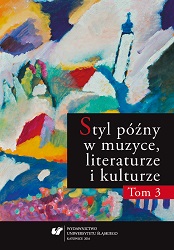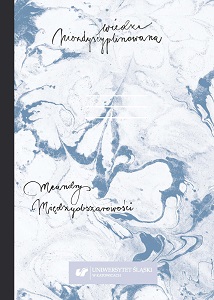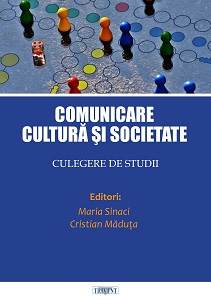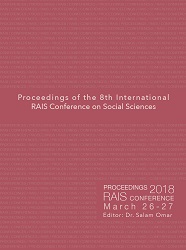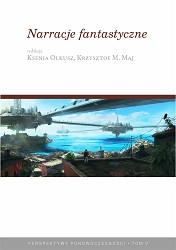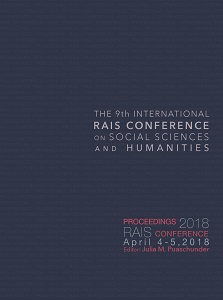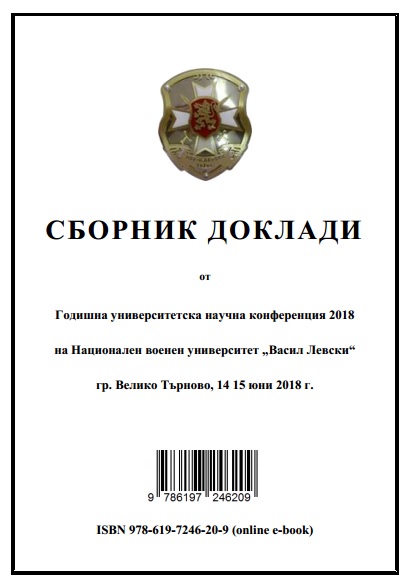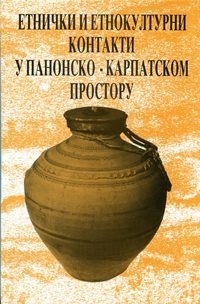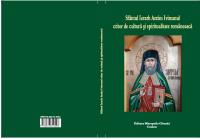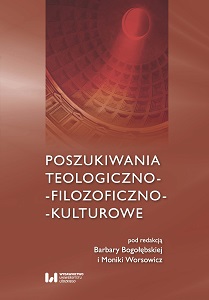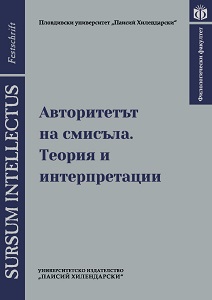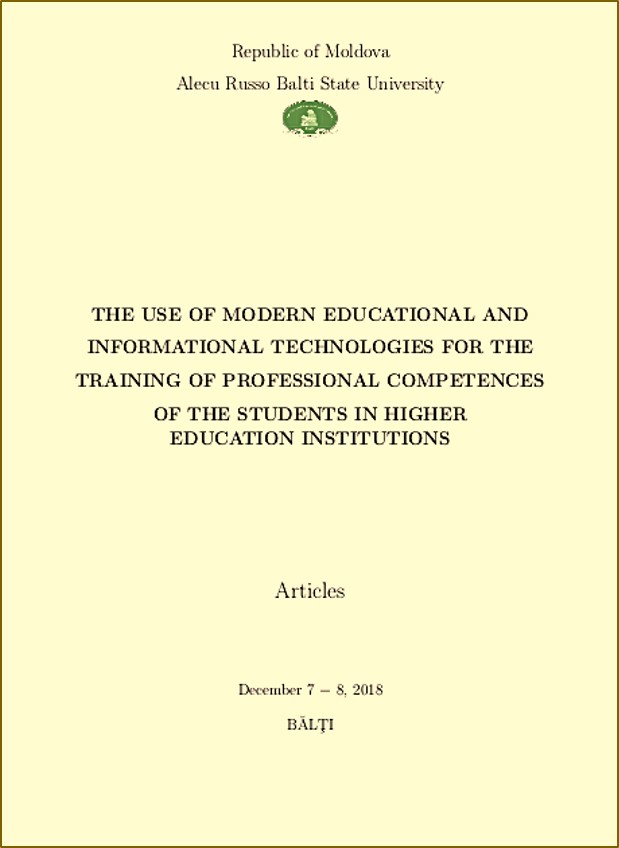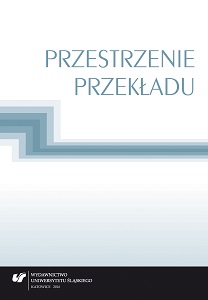
Rola paratekstu w czeskim oraz angielskim przekładzie Pół wieku dziejów polski Andrzeja Paczkowskiego
The history book Pół wieku dziejów Polski by Andrzej Paczkowski was translated to Czech by Petruška Šustrová (Paczkowski, A., Půl století dějin Polska 2000). The book wastranslated to English by Jane Cave (Paczkowski, A., The Spring Will Be Ours. Poland and thePoles from Occupation to Freedom 2003). As the source language text was written originallyfor Polish readers, some culture bound items may not be obvious to foreign readers. Thus theAmerican edition contains these elements of the paratext: Preface by Author, Appendixes andBibliography of English‑Language Work on Recent Polish History etc. In the Czech edition,only Bibliography and Preface translated from Polish could be found, however that is nota recommended solution. Because of the lack of paratext in the Czech translation, the Czechtranslation does not seem to take into account its readers.
More...
